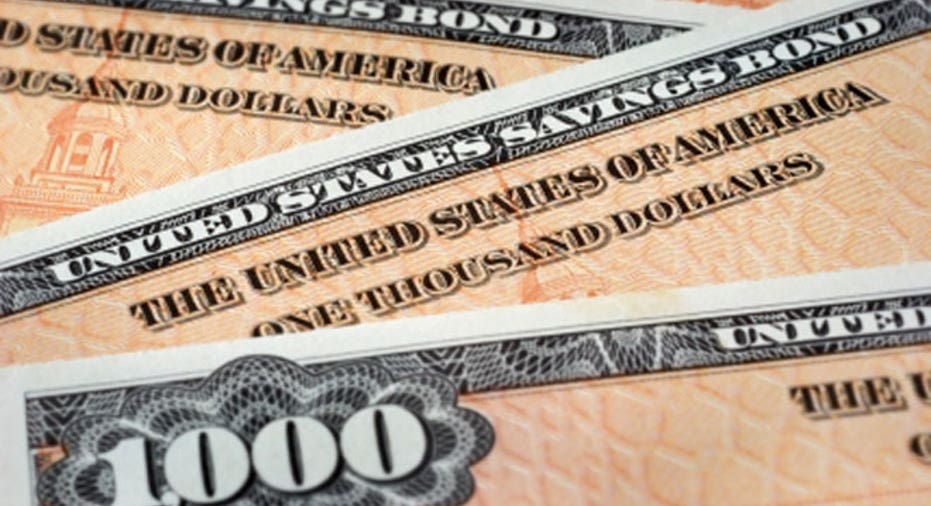Savings Bonds are Giving Me a Tax Headache

Dear Dr. Don,
I have a number of savings bonds that will stop earning interest in the next three to four years, months apart from each other. I retired in 2013. Is there any way for me to legally avoid paying the income tax when I cash them in? I'm wondering if I could roll them over or gift them. Or would it be wise to buy a house using a mortgage, providing some income tax relief? I fear I'm really going to get hit with a tax bill from Uncle Sam.
Thank you,
-Sandra Savings
Dear Sandra,
It used to be that you could use the Series EE proceeds to buy Series HH savings bonds and continue the tax deferral on the principal. You could pay federal income tax on interest income from the Series HH savings bonds in the year it was earned. That ended when the U.S. Treasury stopped issuing Series HH savings bonds in August 2004.
Rolling over into new Series EE savings bonds or gifting them won't help you. Deferred taxes become due in the year that the bonds are redeemed or mature. Gifting doesn't mean you avoid the taxes either.
Unfortunately, I don't think the mortgage interest deduction will be much help either. Borrowing to buy a house may reduce your taxes, including your marginal federal income tax rate. You'd also likely pay a big price in closing costs and mortgage interest expense.
It might be possible to transfer the bonds into a revocable trust without triggering a tax bill. But that also seems less than attractive. Aside from the costs of setting up and administering the trust, you'll face tax bills due as the savings bonds mature.
For savings bonds issued after 1989, you could investigate the Education Tax Exclusion for qualified education expenses for you, your spouse or a dependent, if any of those apply. Since you mentioned the bonds are maturing over the next three to four years, this doesn't seem to be a likely solution for tax savings.
You didn't have to defer the federal income tax; you apparently chose to do so. You could make a one-time change allowing you to pay income taxes annually, but this late you'd still have a big tax bill the first year.
Get more news, money-saving tips and expert advice by signing up for a free Bankrate newsletter.
Ask the adviser
To ask a question of Dr. Don, go to the "Ask the Experts" page and select one of these topics: "Financing a home," "Saving and Investing" or "Money." Read more Dr. Don columns for additional personal finance advice.
Bankrate's content, including the guidance of its advice-and-expert columns and this website, is intended only to assist you with financial decisions. The content is broad in scope and does not consider your personal financial situation. Bankrate recommends that you seek the advice of advisers who are fully aware of your individual circumstances before making any final decisions or implementing any financial strategy. Please remember that your use of this website is governed by Bankrate's Terms of Use.
Copyright 2014, Bankrate Inc.



















